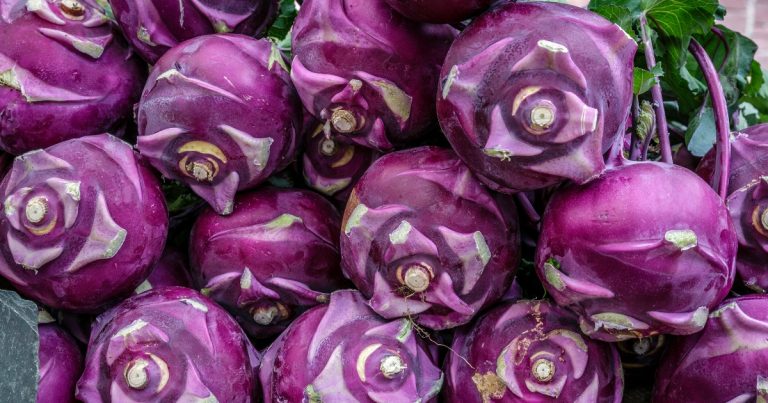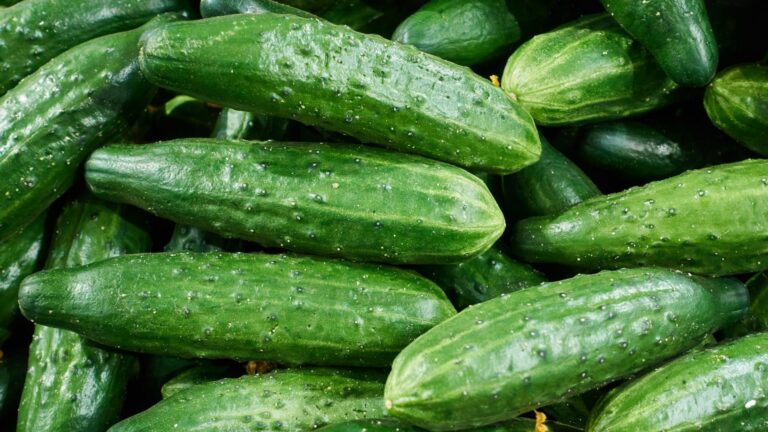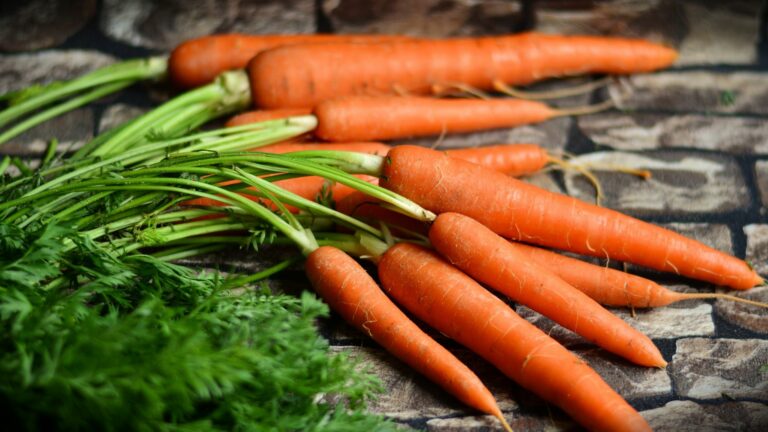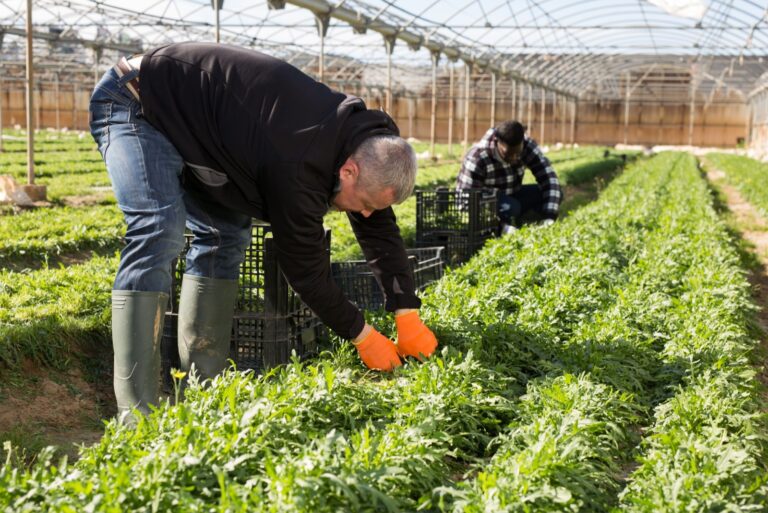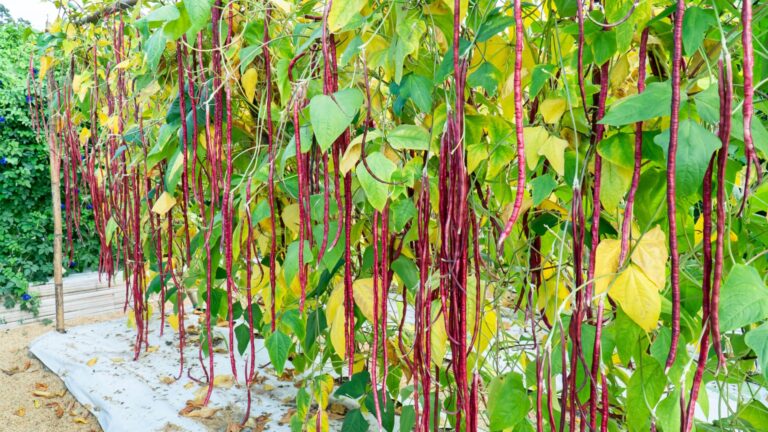Why Tennessee Gardeners Keep Planting Root Vegetables Late Into December

December might seem like the time to hang up the garden tools in Tennessee, but root vegetables have a way of rewriting the rules. These underground workhorses don’t mind a chill, they actually thrive in it, making late-season planting a smart move for gardeners who know the tricks of the trade.
With cool soil, steady moisture, and frost that sweetens the flavor, these crops keep pushing forward long after others have quit. Planting now means enjoying crisp, flavorful harvests well into winter.
Tennessee’s Mild Winter Climate Makes It Possible
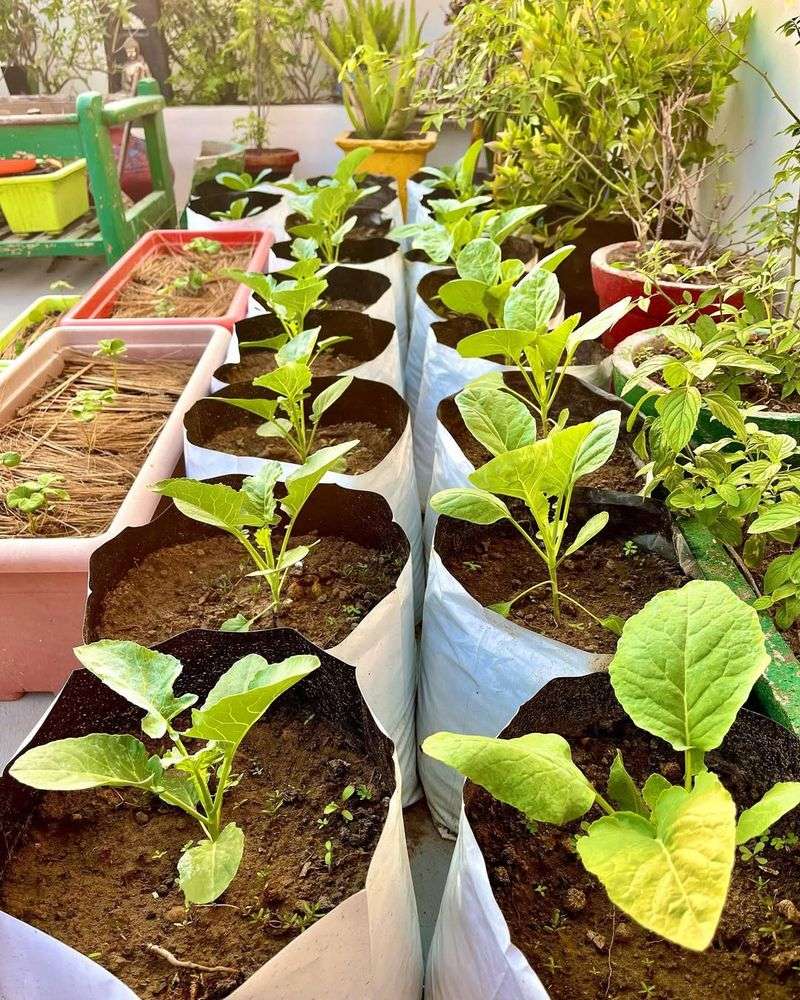
Tennessee sits in USDA zones 6 through 8, where winters stay relatively gentle. Temperatures rarely drop below 20 degrees Fahrenheit for extended periods, creating perfect conditions for cold-hardy crops.
Root vegetables like carrots, turnips, and radishes actually prefer cooler weather. They develop sweeter flavors when grown in chilly conditions because the cold triggers sugar production inside the roots.
December planting takes advantage of Tennessee’s unique climate window that northern gardeners simply don’t have available.
Root Vegetables Taste Sweeter After Frost

Cold weather works like magic on root vegetables, transforming starches into natural sugars. When temperatures drop, plants protect themselves by converting stored starches into sugar, which acts as natural antifreeze.
Carrots pulled after a frost taste noticeably sweeter than summer-grown ones. Turnips and parsnips also benefit from this cold-weather sweetening process.
Many experienced gardeners wait for the first frost before harvesting because they know the flavor improvement is worth the wait.
Fewer Pests To Worry About
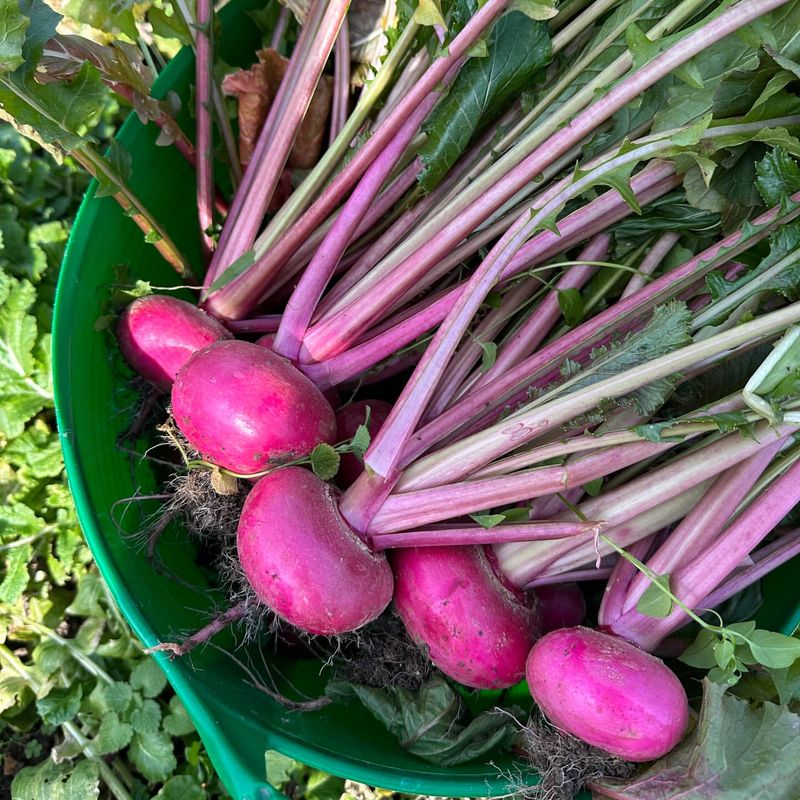
Summer gardens battle countless insects that damage crops and spread disease. December planting eliminates most of these problems since bugs become dormant or wither in cold weather.
Root maggots, aphids, and beetles that destroy summer vegetables simply aren’t active during winter months. Gardeners can skip pesticides and enjoy naturally pest-free growing conditions.
Without insect pressure, plants grow healthier and produce better yields. Less time spent fighting pests means more time enjoying the gardening process.
Soil Stays Workable Longer In Tennessee
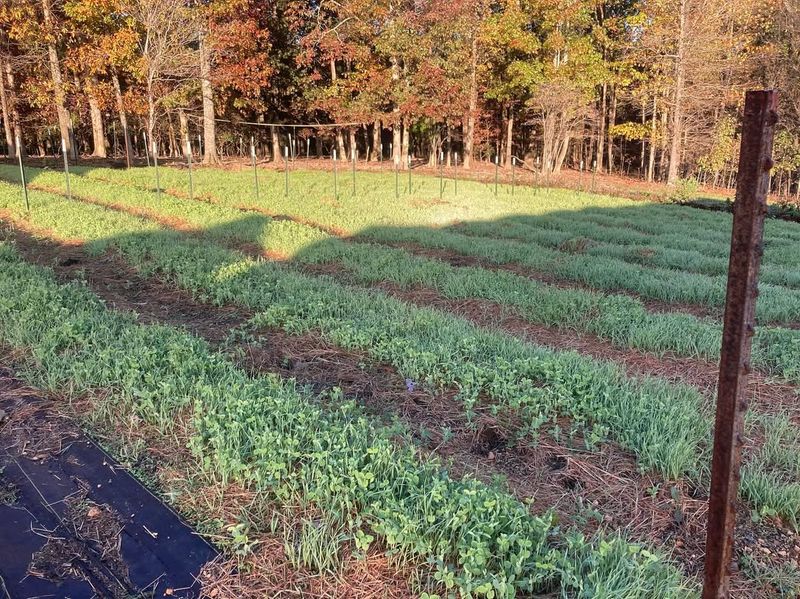
Northern states deal with frozen ground that makes planting impossible after October. Tennessee soil remains soft and workable through December in most years, allowing continued planting activities.
Ground temperatures stay above freezing even when air temperatures dip at night. Root systems can still establish themselves and begin growing before deep winter arrives.
Workable soil gives Tennessee gardeners extra weeks of planting opportunities that extend the traditional growing season significantly beyond what gardening books suggest.
Extended Harvest Period Throughout Winter
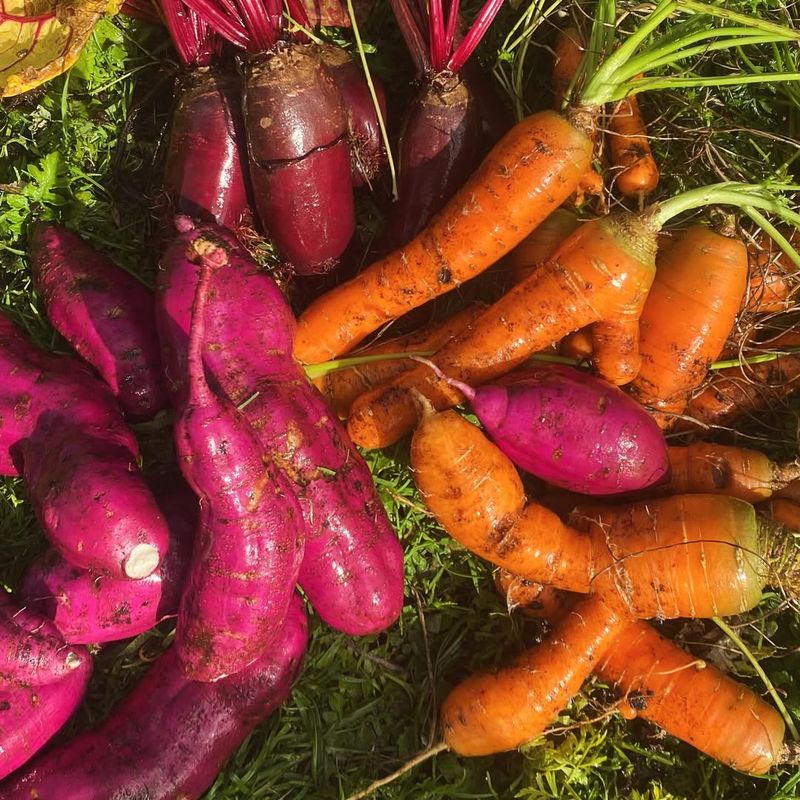
December plantings mature slowly during winter, providing fresh vegetables for months. Instead of harvesting everything at once, gardeners can pick crops as needed from January through March.
Leaving root vegetables in the ground acts like natural refrigeration. They stay fresh and crisp without taking up space in your kitchen refrigerator or requiring canning.
Continuous harvesting means fresh produce appears on dinner tables all winter long, reducing grocery bills and ensuring nutritious meals during cold months.
Water Requirements Drop Dramatically
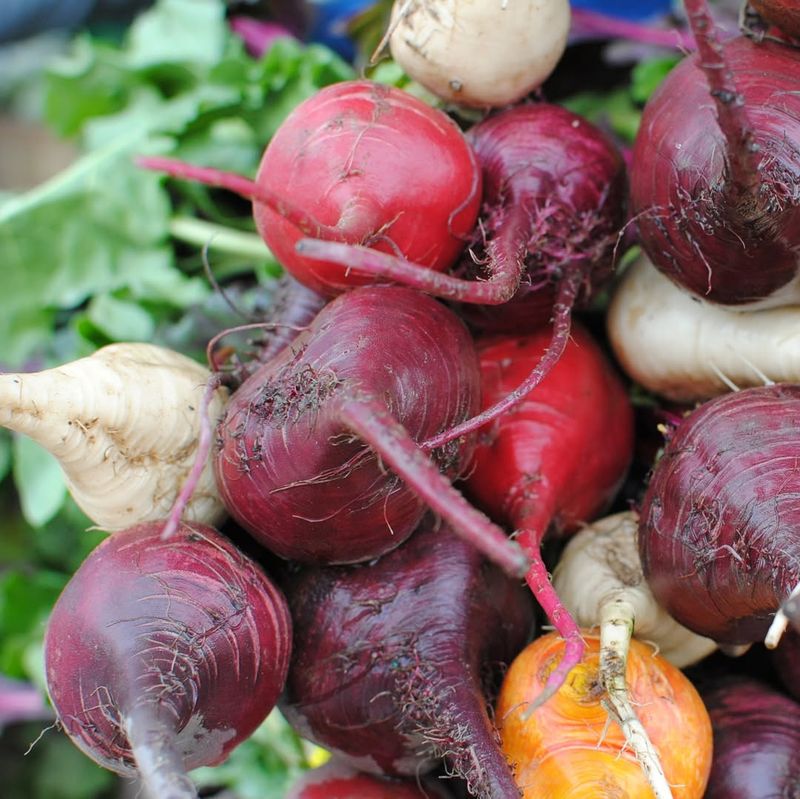
Summer gardens demand constant watering, sometimes twice daily during hot spells. December plantings need minimal irrigation since cooler temperatures reduce evaporation and plants grow more slowly.
Natural rainfall usually provides enough moisture for winter crops. Tennessee typically receives adequate precipitation during winter months to keep root vegetables hydrated without supplemental watering.
Lower water needs save time, reduce utility bills, and make gardening more sustainable. Gardeners appreciate the break from hauling hoses and monitoring soil moisture constantly.
Perfect Timing For Spring Harvest
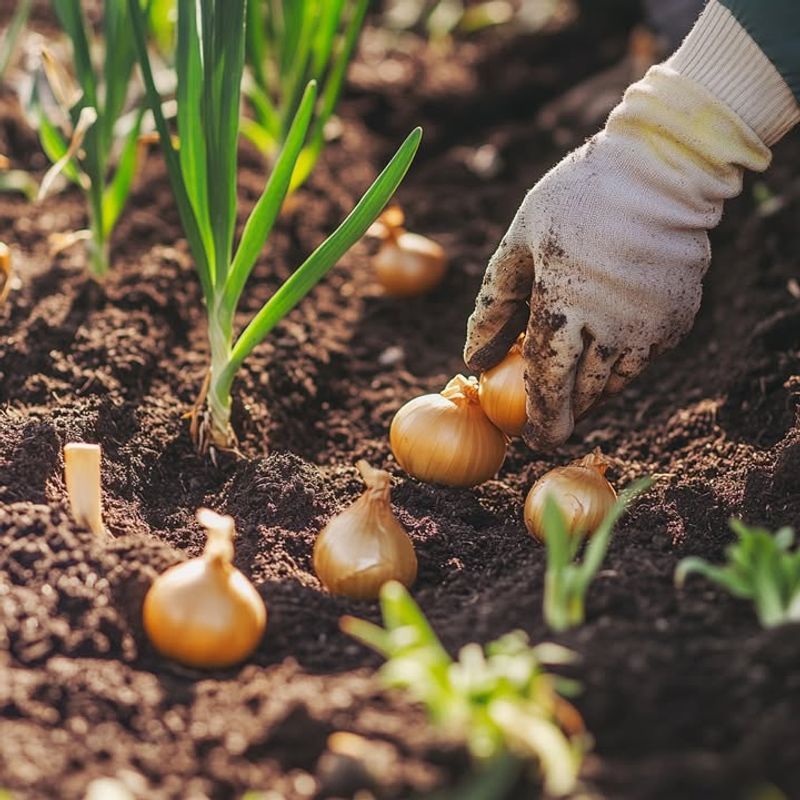
December plantings mature perfectly for early spring harvest when fresh vegetables are scarce and expensive at grocery stores. Timing works out beautifully for gardeners who plan ahead.
While neighbors wait for spring planting season to begin, smart gardeners already enjoy fresh carrots and radishes from December sowings. Early harvests provide a head start on the gardening year.
Spring vegetables taste especially delicious after months of winter eating. December planting ensures that fresh, homegrown produce arrives exactly when appetites crave it most.
Seeds Germinate Better In Cool Soil
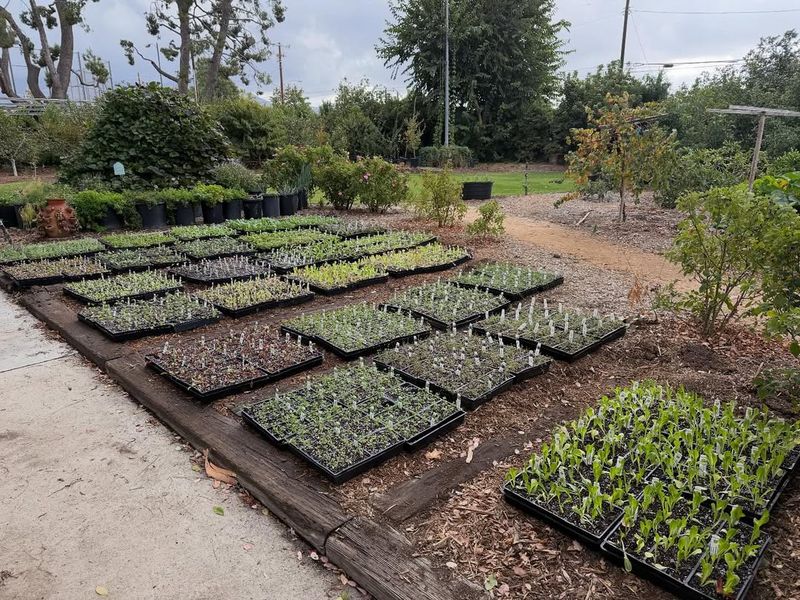
Many root vegetable seeds struggle in hot summer soil, germinating poorly or not at all. Carrots, lettuce, and radishes prefer cool soil temperatures between 45 and 65 degrees Fahrenheit.
December soil temperatures in Tennessee fall right into this ideal range. Seeds sprout reliably and produce stronger seedlings than summer plantings often achieve.
Better germination means fewer wasted seeds and fuller garden rows. Gardeners get more plants from each seed packet, making December planting economically smart as well as productive.
Less Competition From Weeds
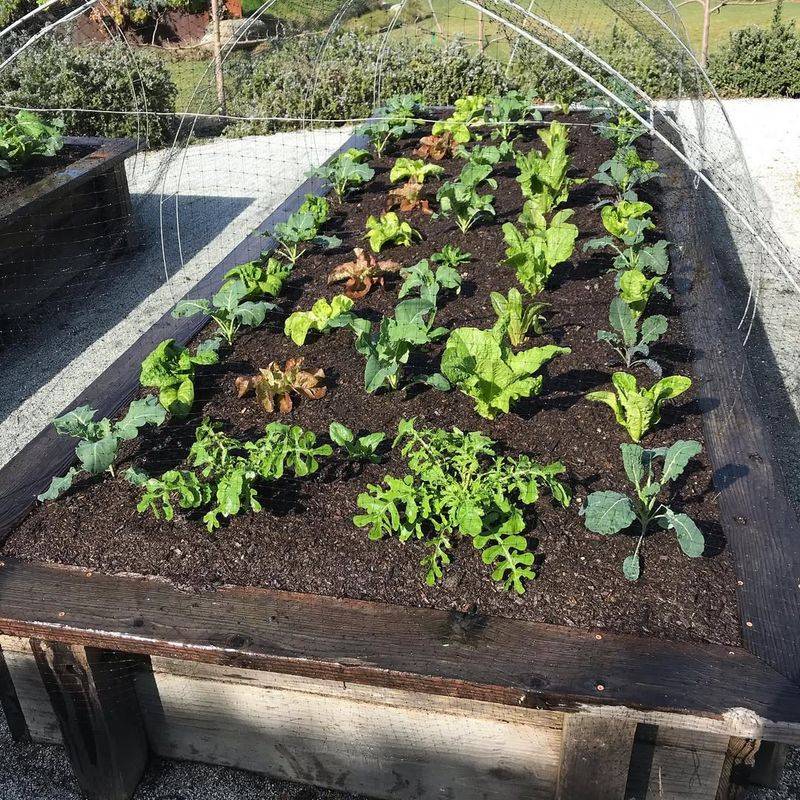
Weeds grow aggressively during summer, stealing nutrients and water from vegetable crops. December gardens stay remarkably weed-free since most weed seeds need warm temperatures to sprout.
Cold-hardy vegetables get a head start without battling invasive plants for resources. Garden maintenance becomes much simpler when weeding tasks practically disappear.
Spending less time pulling weeds means more time for other gardening activities or simply enjoying the peaceful winter garden. Clean garden beds look better and produce healthier vegetables naturally.
Builds Healthier Soil For Spring

Growing vegetables during winter keeps soil active and alive. Plant roots break up compacted soil, improve drainage, and create channels for air and water movement.
When winter crops finish, their roots decompose and add organic matter to garden beds. Beneficial soil microbes stay active around living roots, maintaining soil health through cold months.
Gardens planted in December enter spring season with superior soil structure and fertility. Healthier soil produces better crops all year long, creating a positive cycle of garden improvement.
Keeps Gardeners Active And Connected

Gardening provides mental health benefits that shouldn’t stop just because summer ends. December planting gives gardeners reasons to stay outside, active, and engaged with nature during darker months.
Physical activity and fresh air improve mood and combat winter blues. Watching plants grow provides hope and purpose when days feel short and gloomy.
Maintaining gardening routines through winter strengthens the connection between people and the land. Tennessee gardeners who plant in December report feeling happier and more grounded throughout the entire year.

